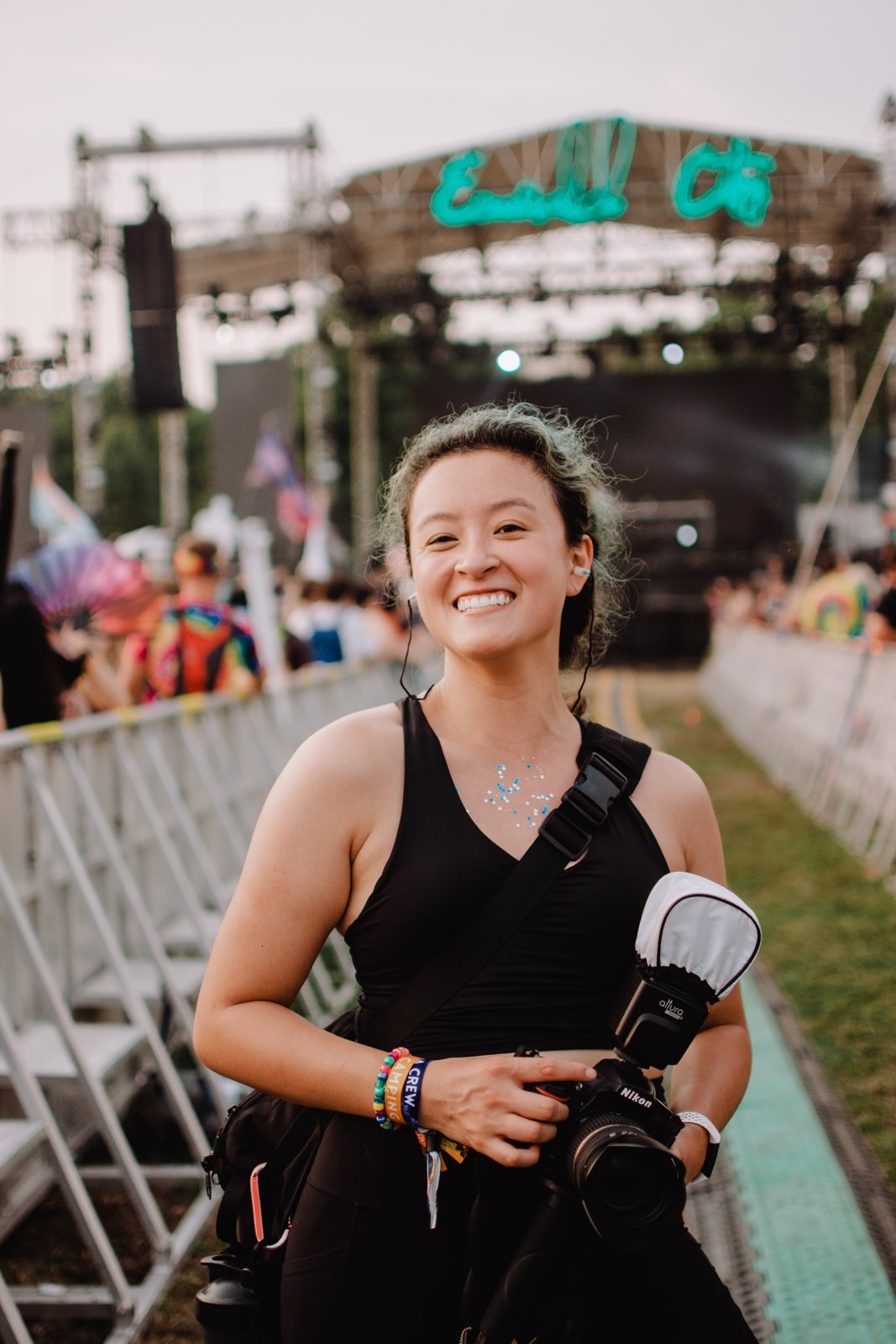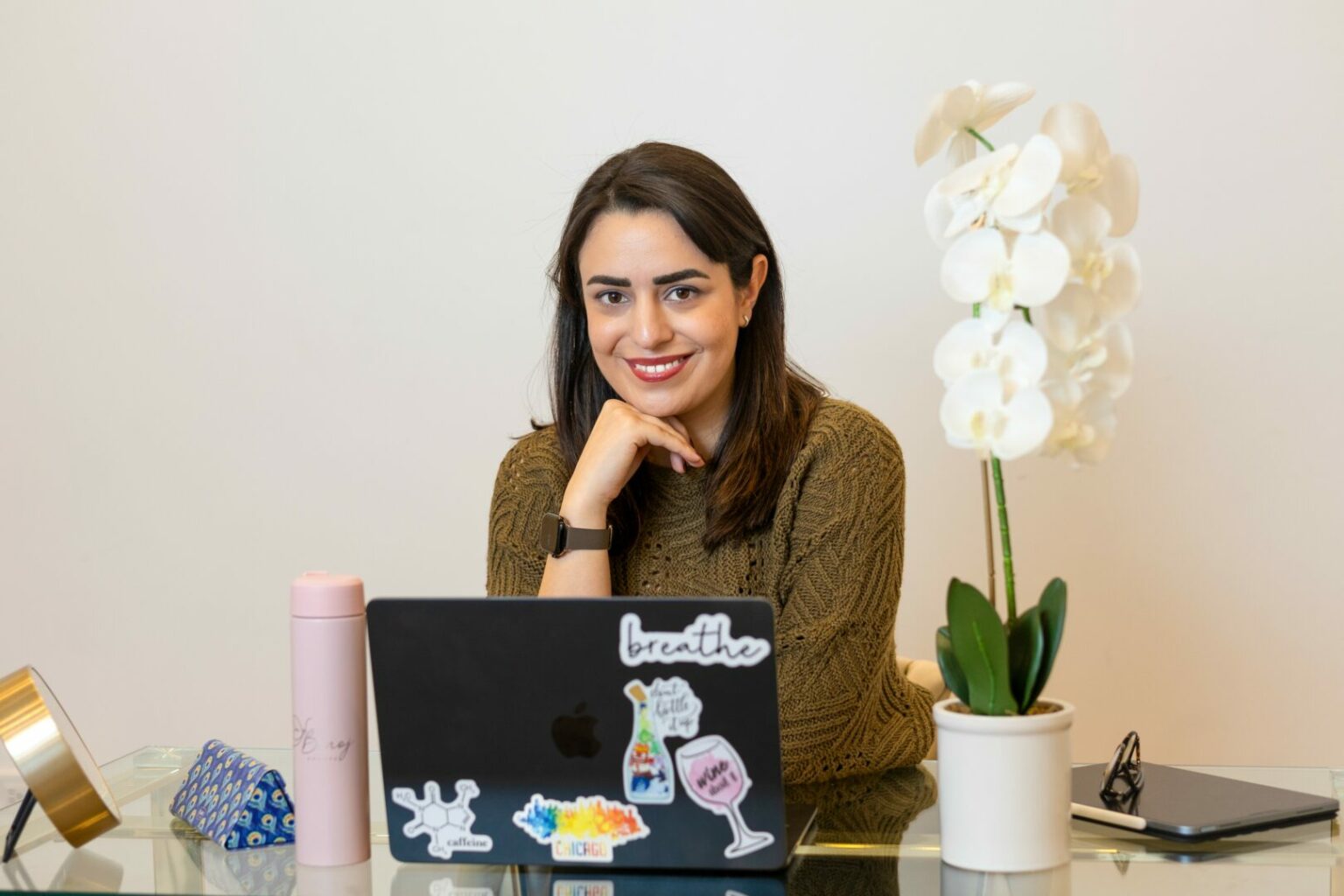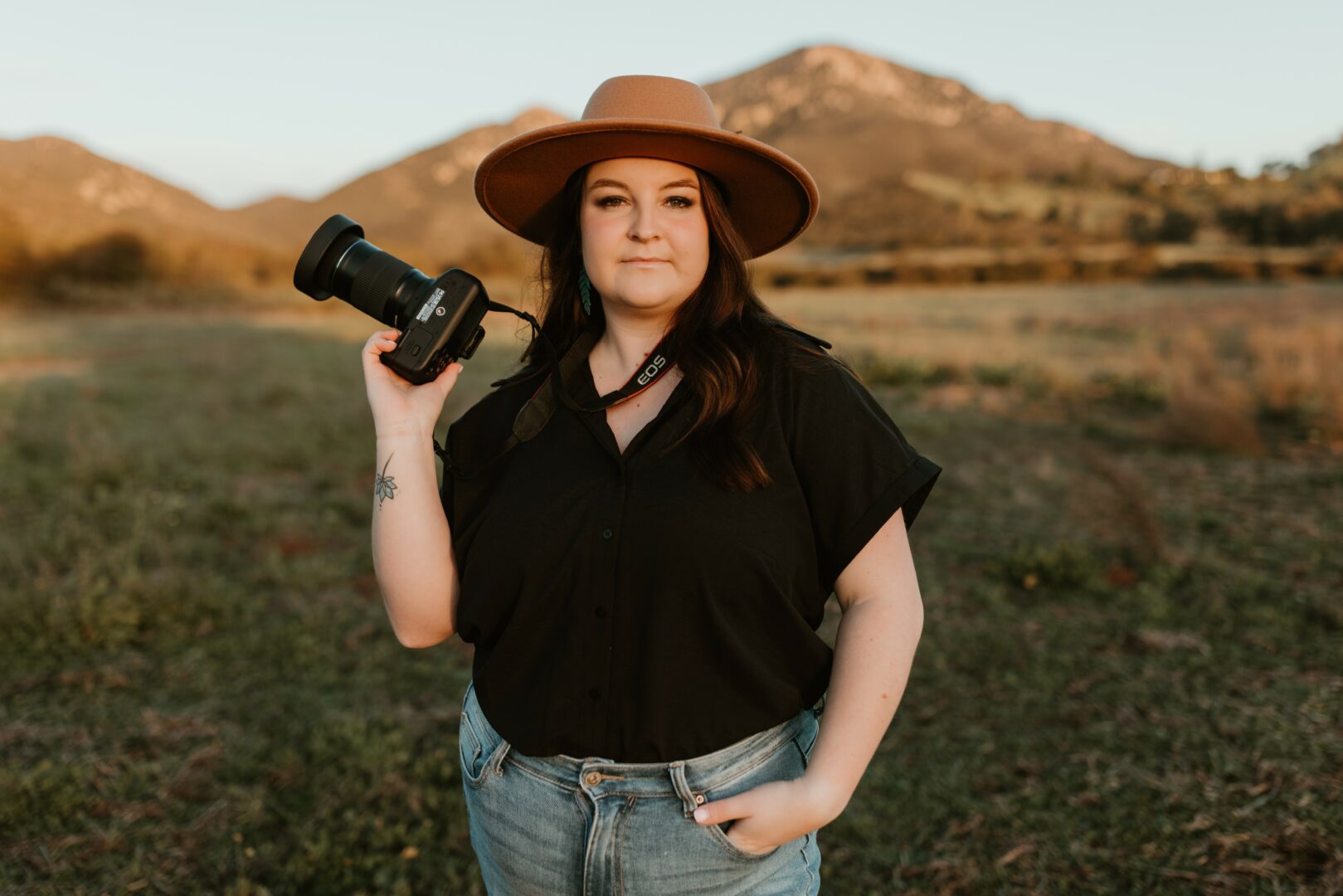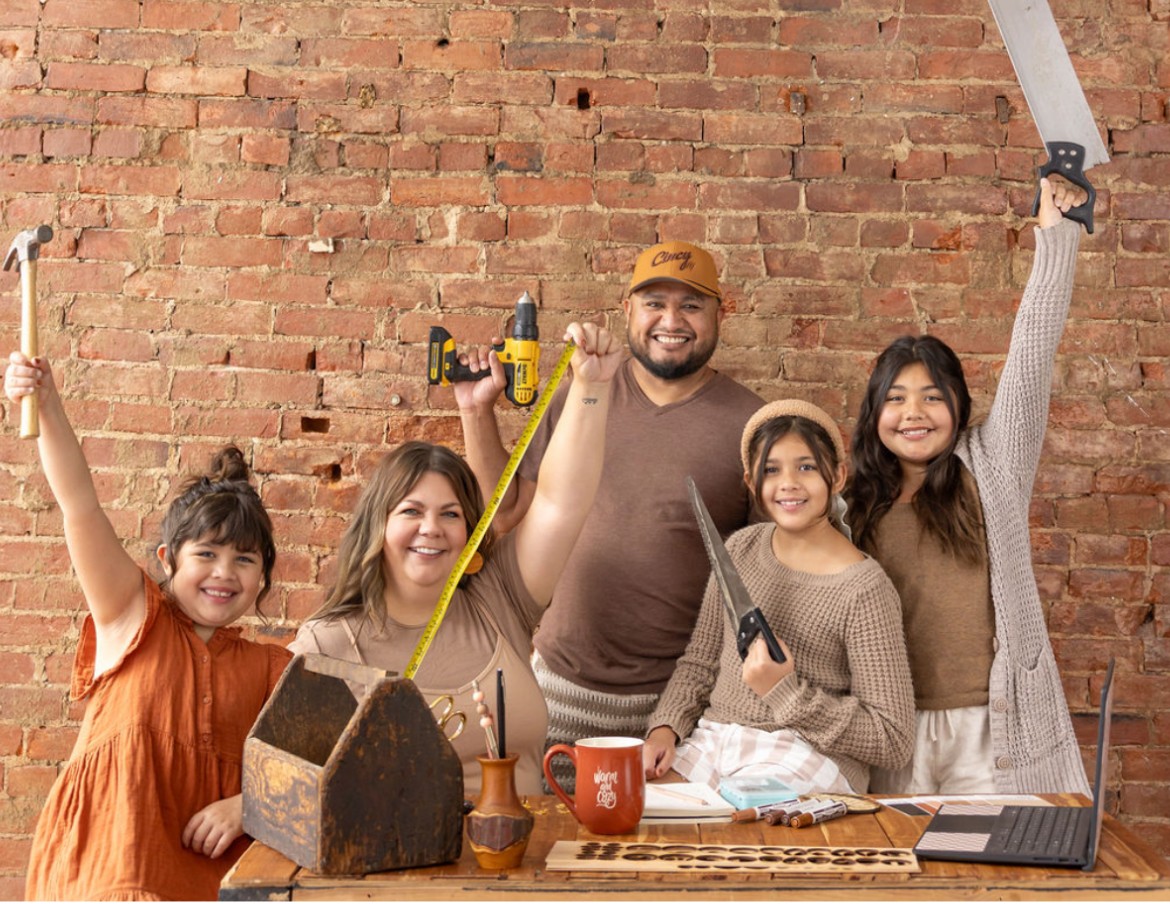We’re excited to introduce you to the always interesting and insightful Elena Lin. We hope you’ll enjoy our conversation with Elena below.
Elena, sincerely appreciate your selflessness in agreeing to discuss your mental health journey and how you overcame and persisted despite the challenges. Please share with our readers how you overcame. For readers, please note this is not medical advice, we are not doctors, you should always consult professionals for advice and that this is merely one person sharing their story and experience.
Following a rough last half of 2020 where my mental health had reached an all-time low, I was professionally diagnosed with Bipolar (II) disorder. While I had felt symptoms of depression throughout my life, mental health wasn’t something that my family ever talked about, so mental health was never a focus for me until the more recent part of this past decade. Receiving that diagnosis in my mid-20s made a lot of things in my life click, especially as I started to explore what being bipolar means while also not letting it overshadow my identity.
Mental disorders show up differently in everyone and a lot of people also make assumptions about what a certain disorder is “supposed” to look like. People are quick to throw around the term “bipolar” when someone’s mood shifts quickly, but in my experience, it is a lot more nuanced and drawn out than that. I do have extreme highs (manic episodes) and extreme lows (depressive episodes), but my shifts can happen over weeks. Sometimes, I experience 1-2 weeks of mania quickly followed by 1-2 weeks of depression. Other times, I experience a few days of mania followed by a much longer period of depression.
These ups and downs have a lot of impact on my productivity and creativity. When I’m in a manic episode, I’ll say yes to everything and feel amped up to get things done. But that energy always crashes when I hit my depressive side, and then suddenly I get upset with myself for having said yes to everything and also feel worse about the fact that I’m not as productive. It can quickly become a really bad downward spiral.
As I have better understood being bipolar and how I can notice the signs of manic vs. depressive episodes, I have also better figured out how to live with it without feeling like I’m controlled by my ups and downs – when I was first diagnosed, I felt like I could never really enjoy myself because it always felt like the other shoe was going to drop. I’ve tried to capitalize on my mania – exploring more creative photoshoots, for example – while also being kinder to myself when I am feeling depressed. I try to set aside time for a brain break regularly. Whether it’s spending time in nature or not planning anything for a weekend, I make an effort to actively rest (but not in a physically active manner) because rest is also productive.
Thanks for sharing that. So, before we get any further into our conversation, can you tell our readers a bit about yourself and what you’re working on?
My full-time, corporate job is within sustainability, which is something that I am very passionate about and would say is part of my personal brand. But for this survey, because the audience is focused on entrepreneurs and creatives, I’ll focus on my photography career and brand.
When I started photography in 2018, I didn’t know just how many opportunities it would open for me. Since I started, my primary focus has been on electronic music events, like concerts and festivals. I networked a lot when I moved down to St. Louis in mid-2018 and began to build my brand (@elenashoots on Facebook and Instagram) from there. As I photographed more events and began to travel regularly across the country, my style evolved from simply photographing the artist and posed photos of the crowd to those plus a more candid approach, capturing the emotions that pass by in a crowd – partners hugging, friends dancing, people laughing, etc.
I recently relocated to Salt Lake City – just this past November – and have been taking it a bit more easy when it comes to photographing events. I’m using this break to spend more time in nature, including photographing landscapes and scenery. I would love to take this opportunity to also connect with creatives that are in UT and the surrounding states because I truly believe community is key.
Looking back, what do you think were the three qualities, skills, or areas of knowledge that were most impactful in your journey? What advice do you have for folks who are early in their journey in terms of how they can best develop or improve on these?
1. Set boundaries, with yourself and others. This is something I wish I had been better about early on in my photography journey, but the start of my journey also happened to coincide with some formative years of my mental health journey as well, so it worked out for the best probably. I felt like I had to make a name for myself, so I was constantly saying yes to opportunities even if they weren’t paid, or staying up late after an event just to get photos turned around quickly. As someone who has always struggled with being a people pleaser, perfectionist, and overachiever, this grind that I had set for myself meant I was consistently pushing myself into the burnout zone, which affected my overall mood and other parts of my life. Also by saying yes to unpaid opportunities, I quickly realized that I was devaluing my time and work because people would take advantage of my willingness and not pay me even years later when my skills had far improved.
2. Be kind to yourself. At the end of the day, we are always our own worst critics. There will be ups and downs in any pursuit, creative or otherwise, and feeding into the inner critic is only going to make it difficult to enjoy the successes that come while also learning from the “failures” that arise. Sure, your end product might not have worked out to be what you initially envisioned, but there’s no point in continuously beating yourself up about it when you can, instead, reflect on what the process taught you. It is okay if there are some hiccups along the way, as long as your overall trajectory is upwards.
3. Find your community. As with so many things in life, you’re going to have a much easier time if you can find a community with which you can problem-solve or celebrate successes (yours or others). Networking isn’t just for the corporate world – it can help your career in different ways. My photography journey would not be where it is today if it hadn’t been for the help of members of my community – people who spoke my name when opportunities came up, people who offered their time to give me advice when I needed it, or people who were (and still are) patient with me as I figure out how to direct portrait shoots as those are not my strong suit. Not only will a community open up new doors or help you build your skills, but it will also be there to support you when you’re not feeling like your best self.
Looking back over the past 12 months or so, what do you think has been your biggest area of improvement or growth?
Acknowledging my successes and being proud of myself.
I have always tended to be hard on myself because I set high expectations and have historically seen success and failure as very black-and-white concepts. But over the past year, I’ve made a lot of strides in seeing more of the gray area that exists in productivity and success, as well as in a lot of other parts of life. I realized about half way through 2023 just how much progress I had made over the past few years, particularly when it comes to my mental health, and remember just how proud I felt about it all.
Contact Info:
- Website: www.elenashoots.com
- Instagram: www.instagram.com/elenashoots
- Facebook: www.facebook.com/elenashoots
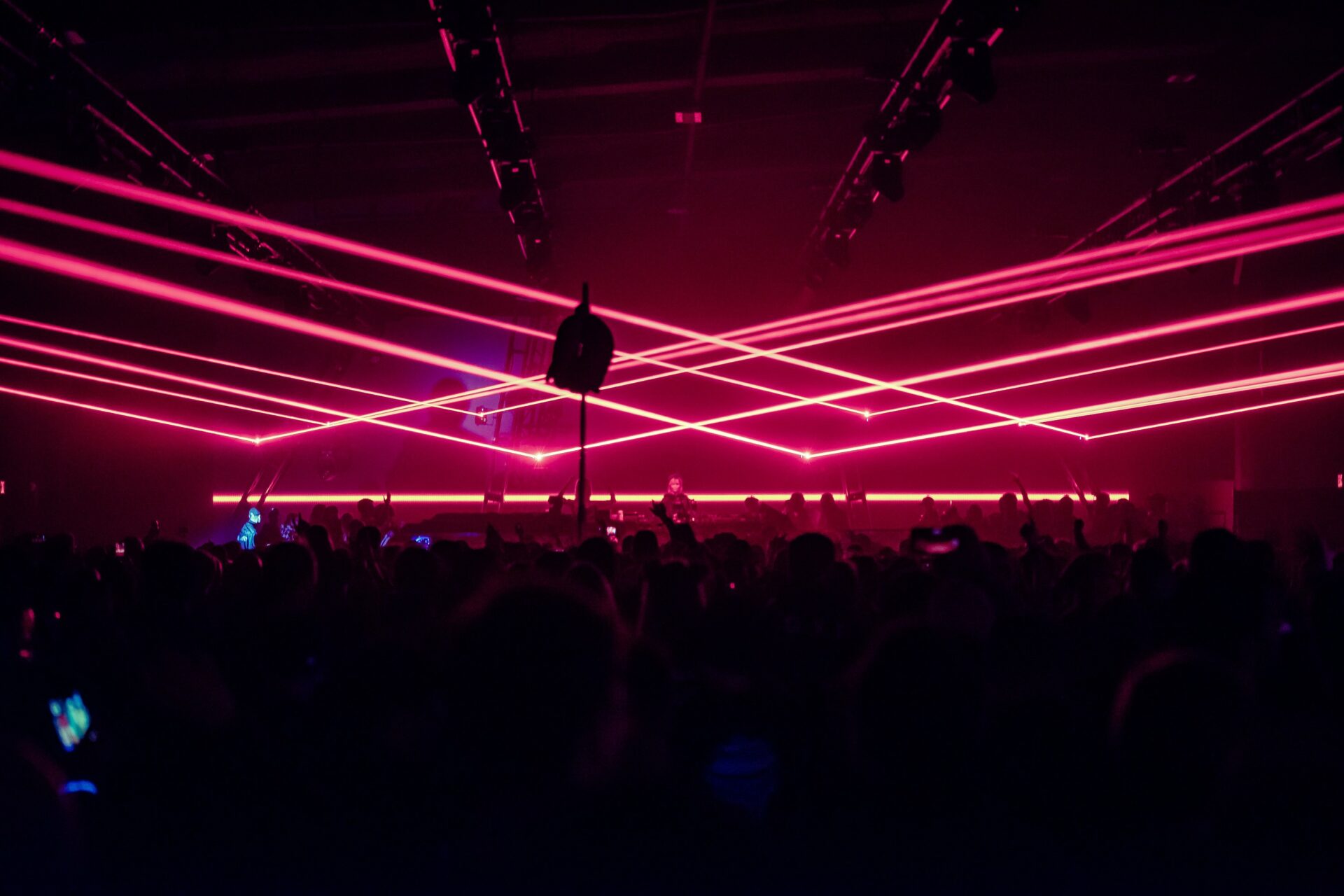
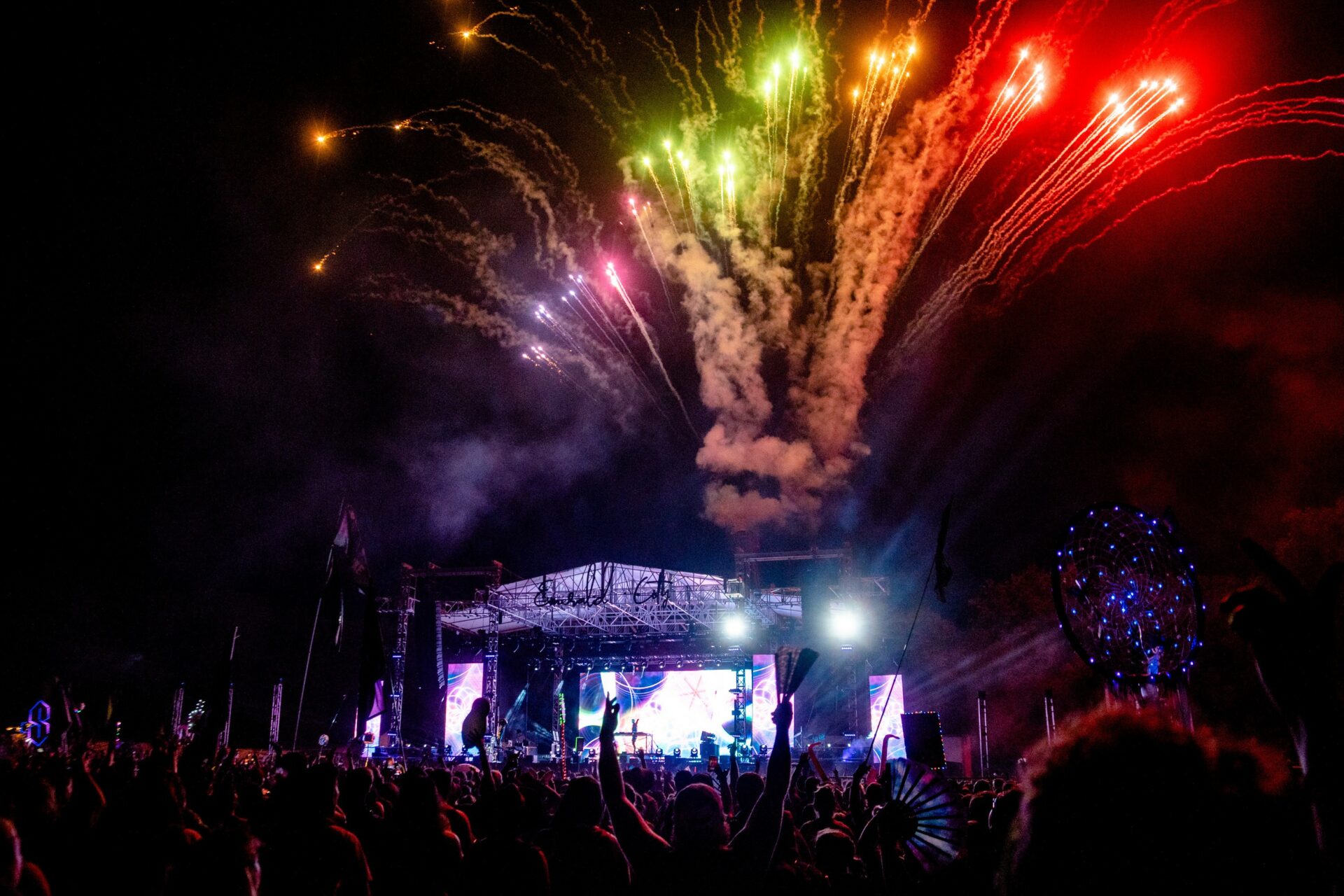
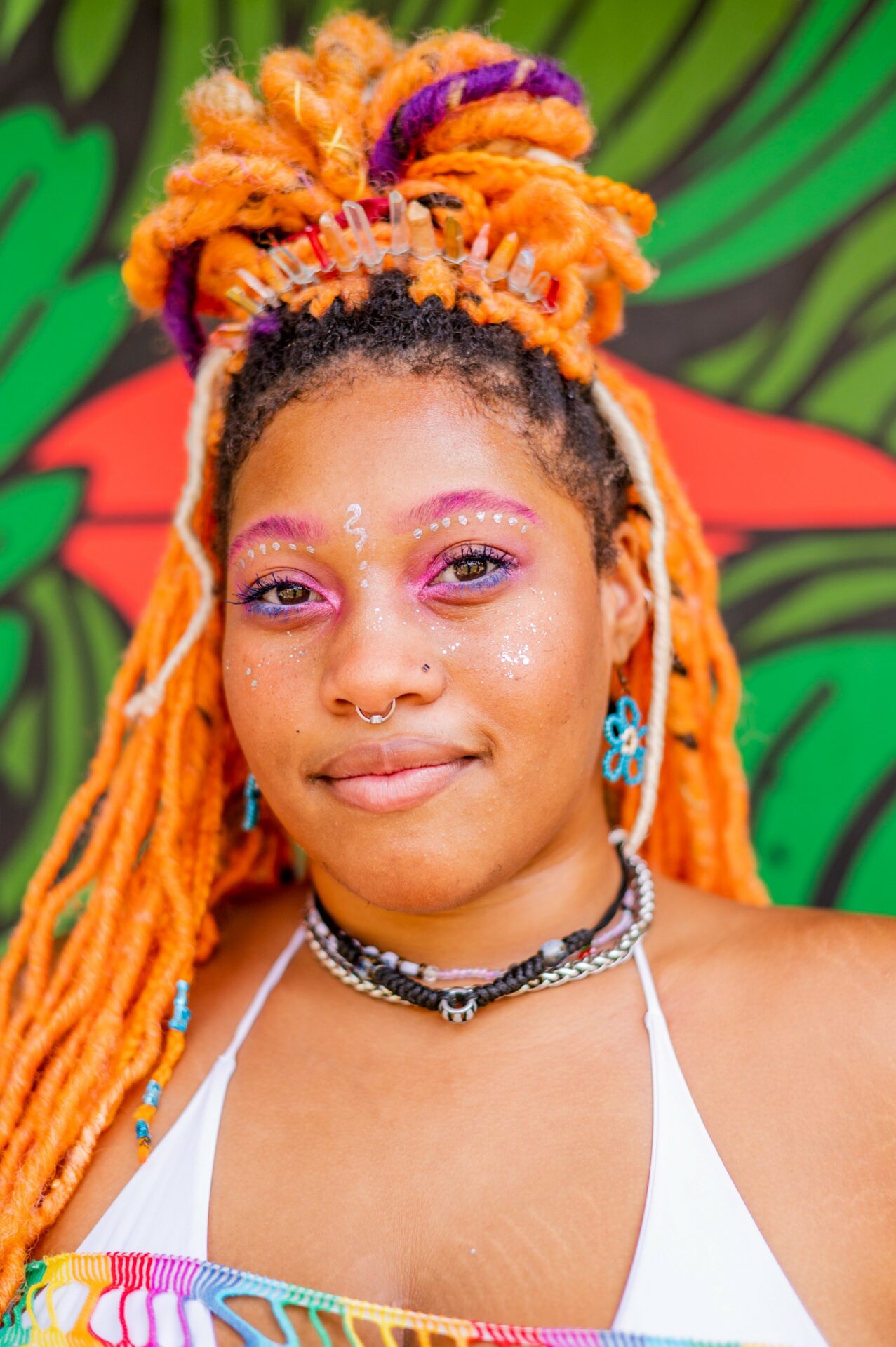
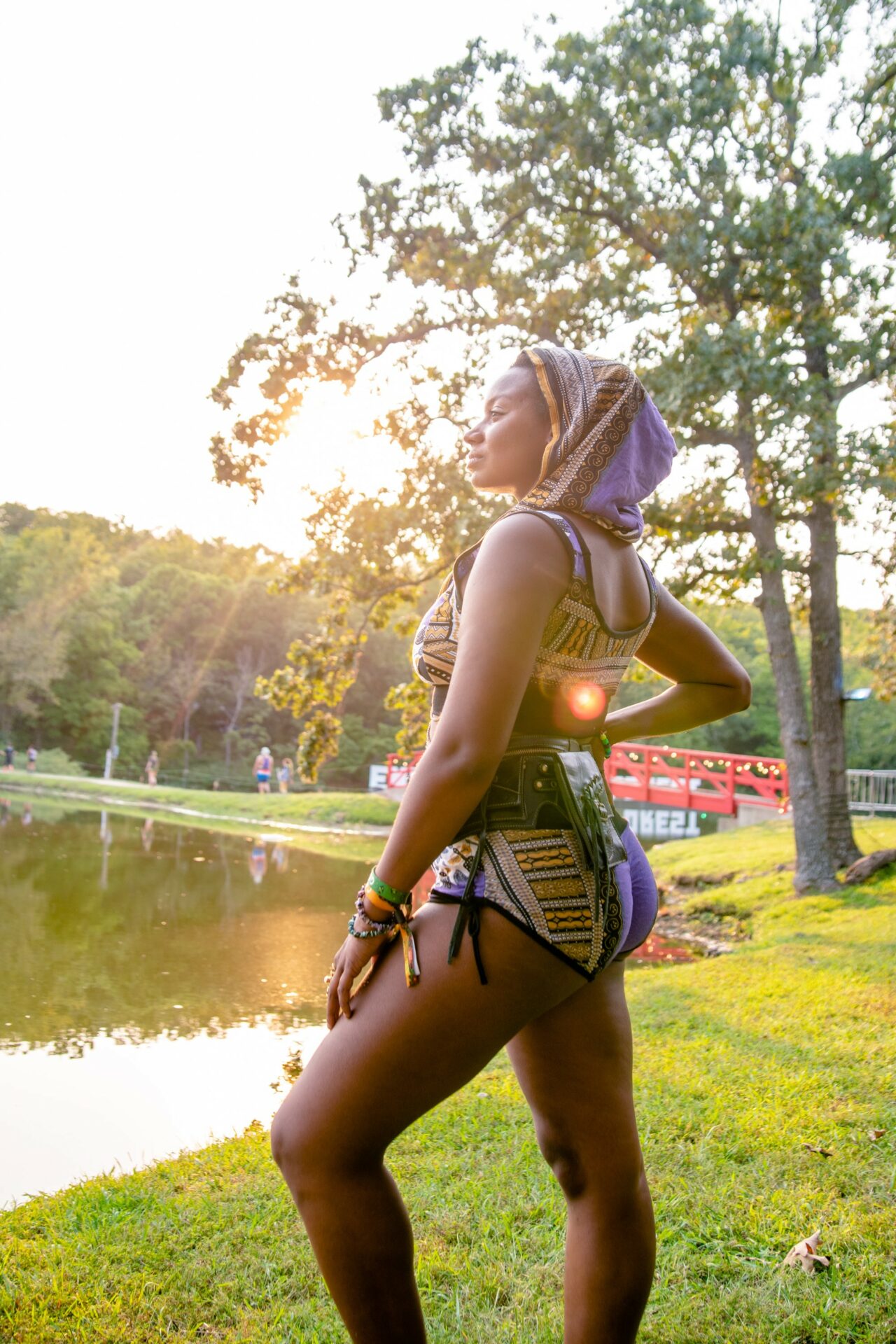
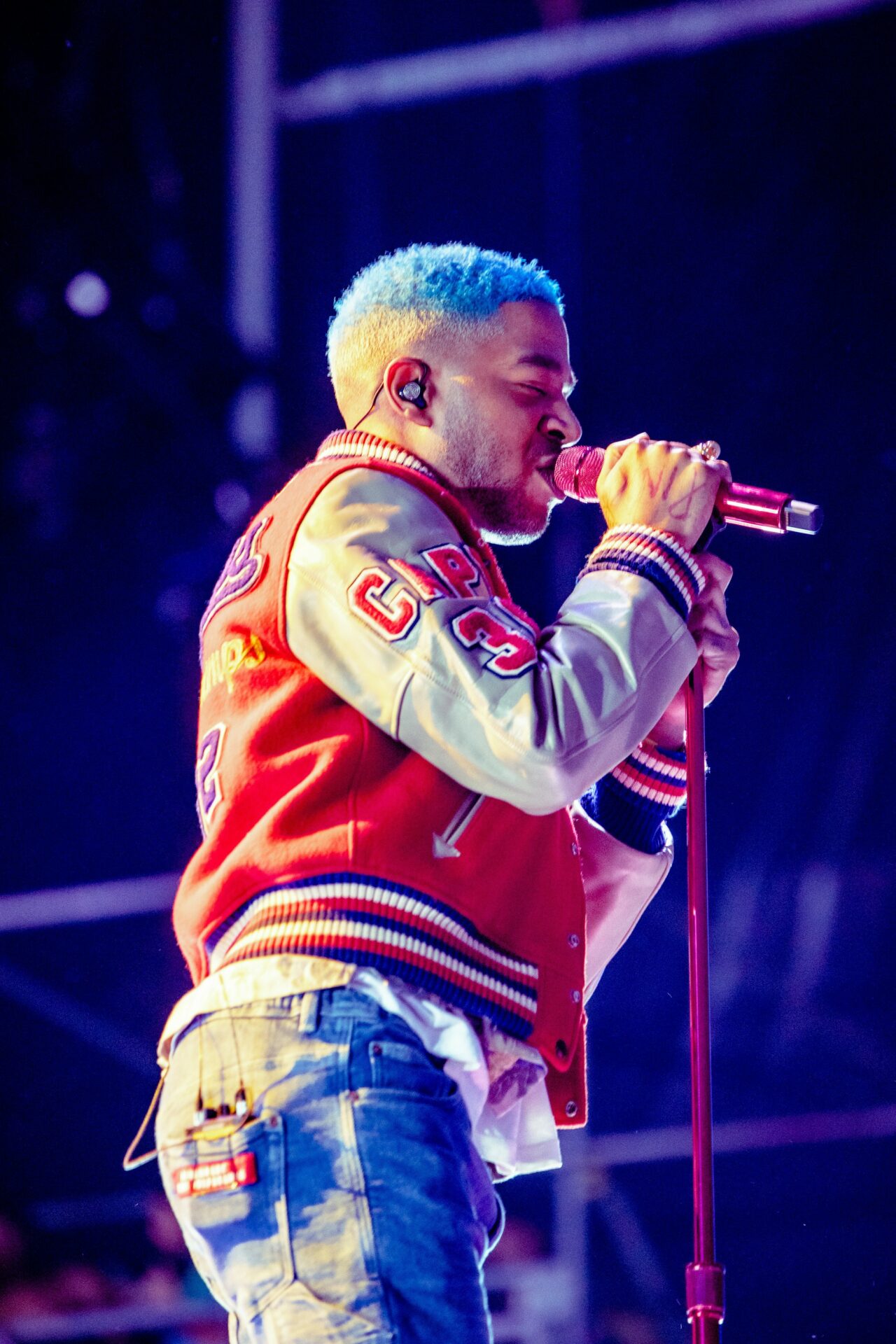
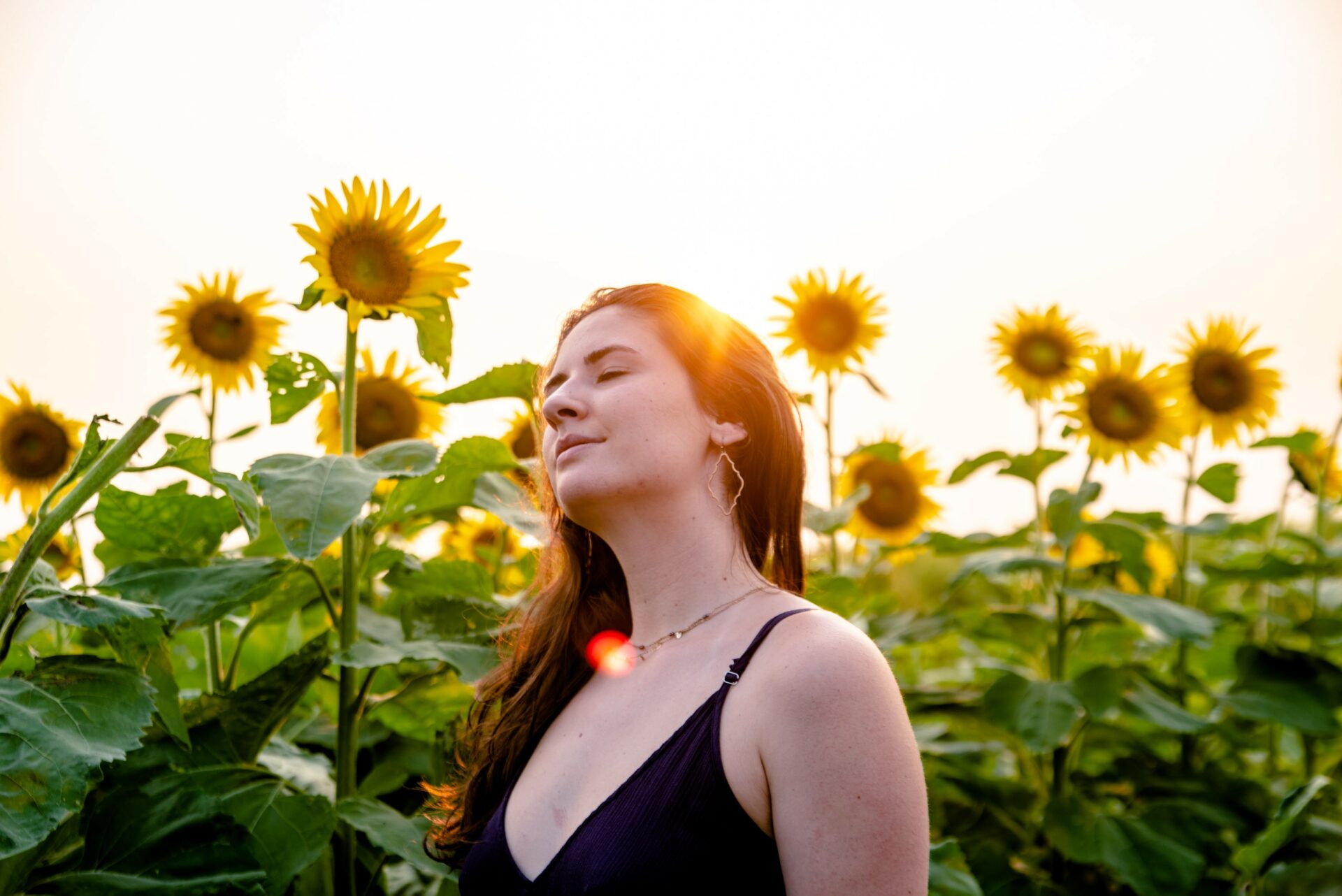
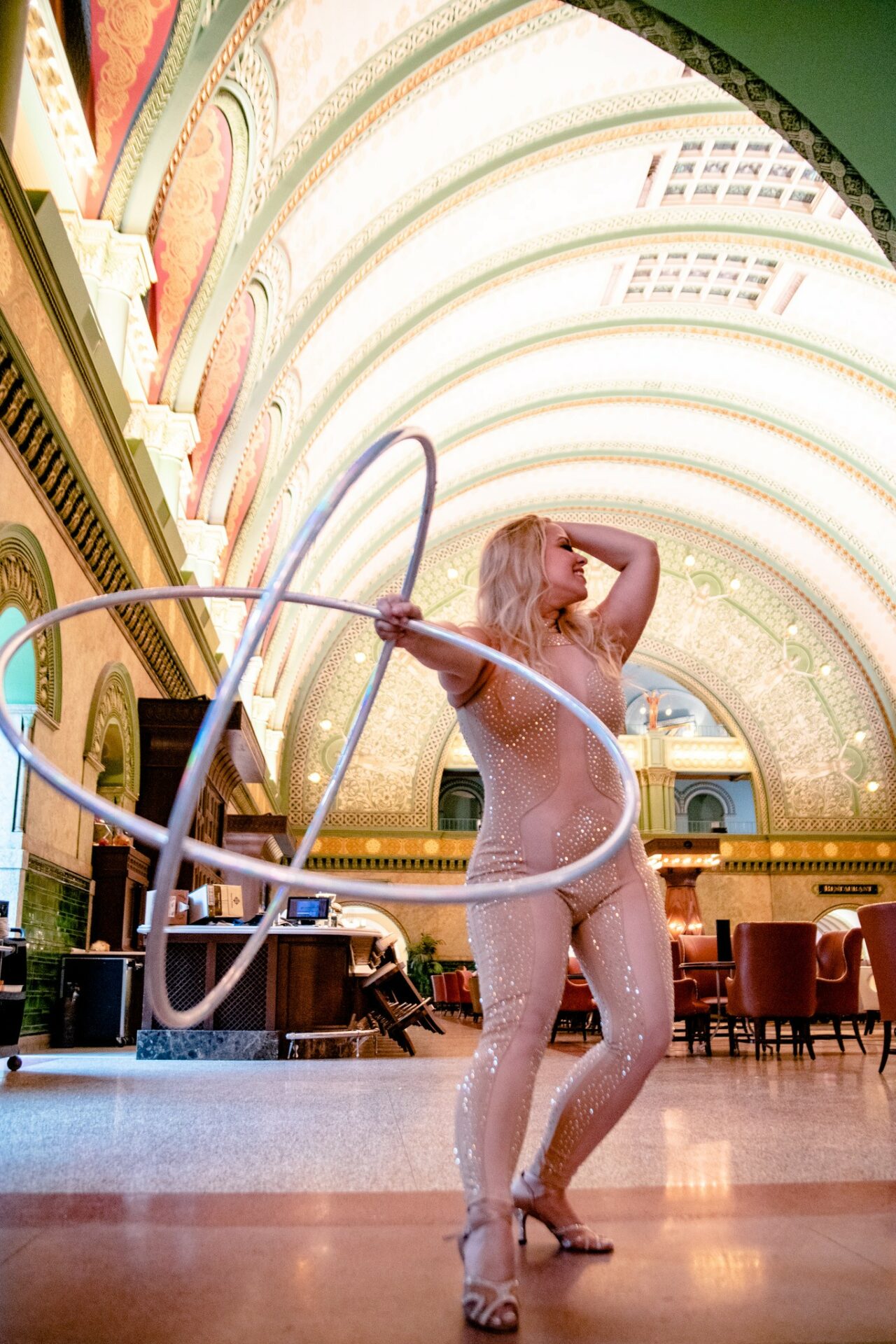
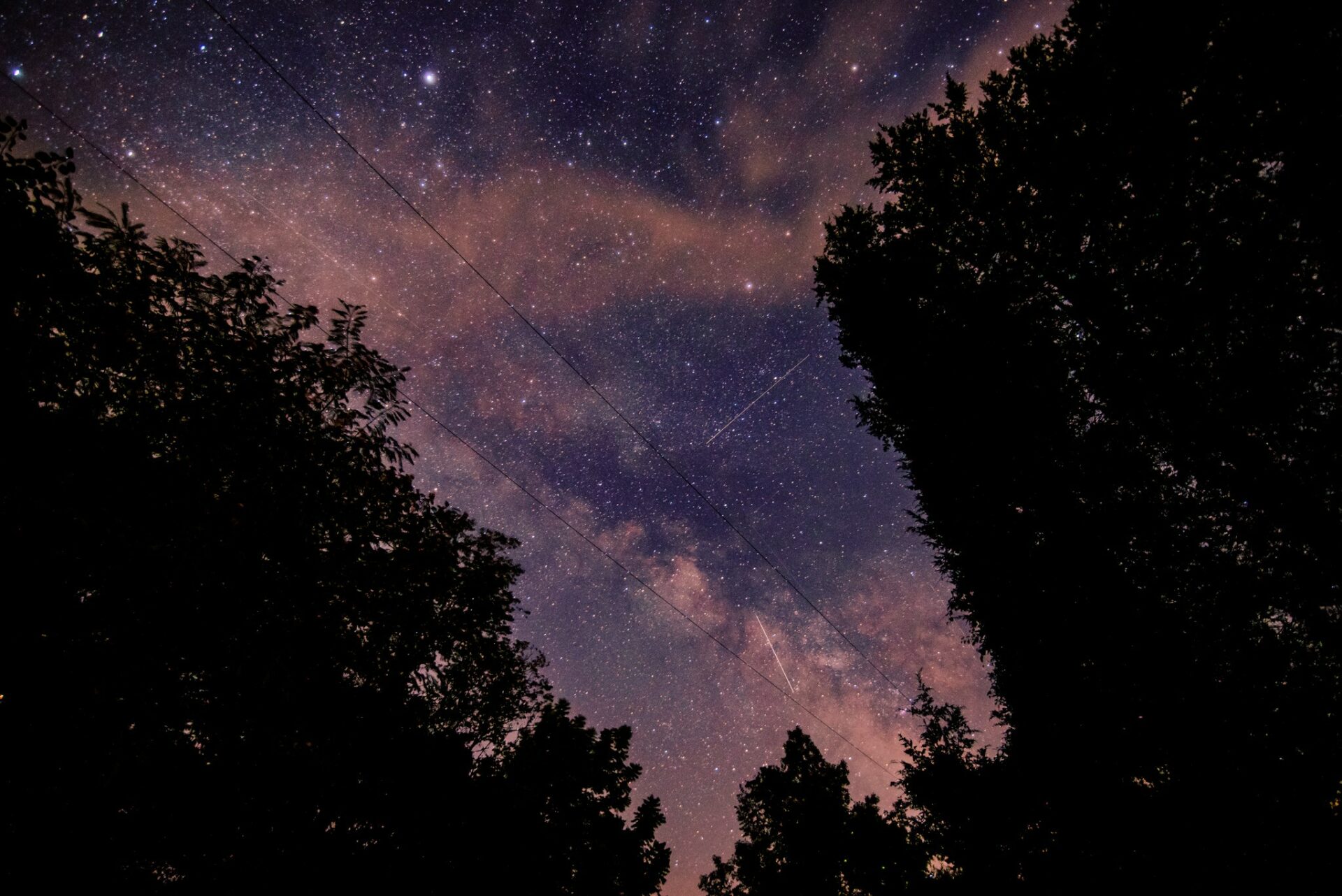
Image Credits
Personal photo by Destini Serene All other photos by Elena Lin (me)

